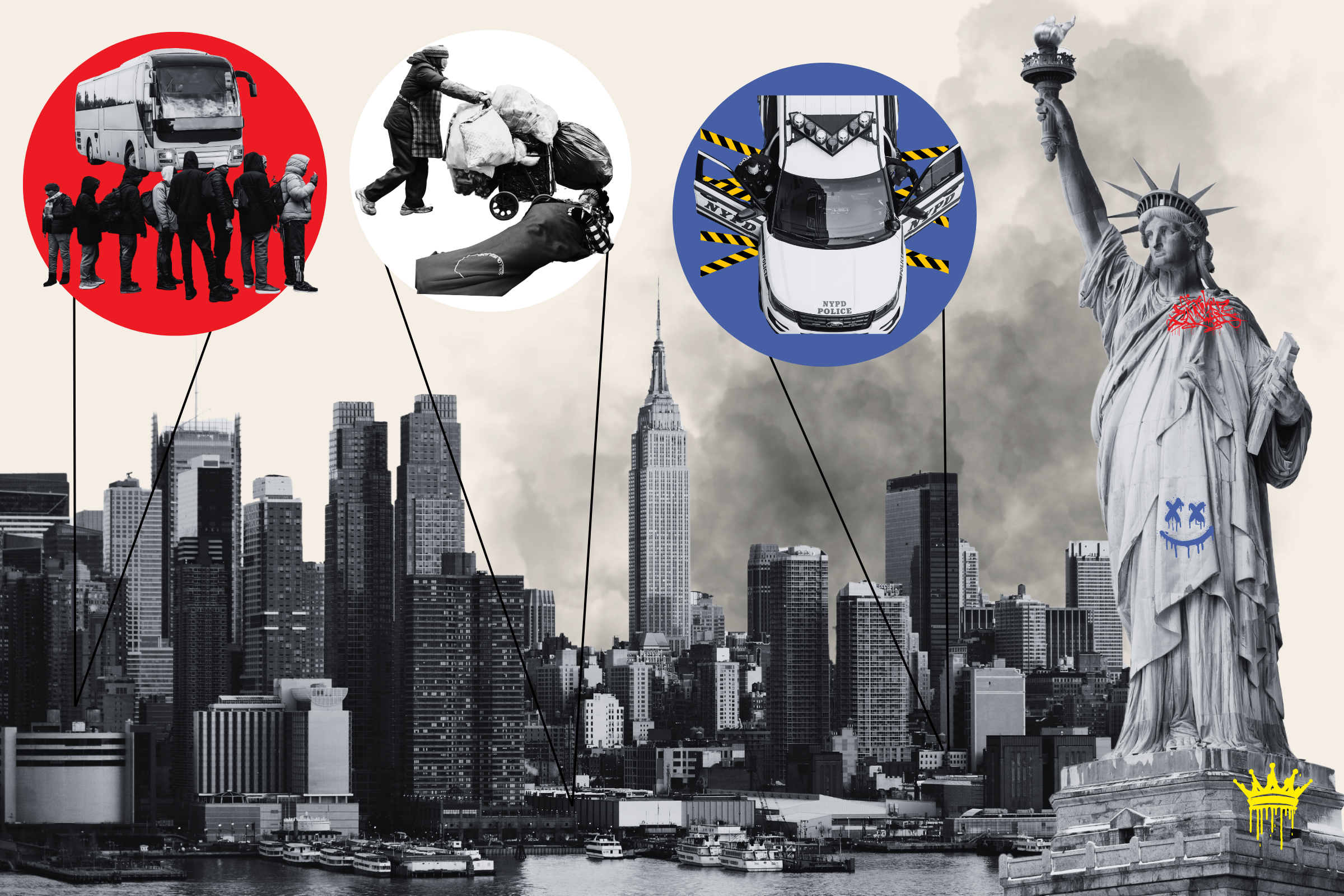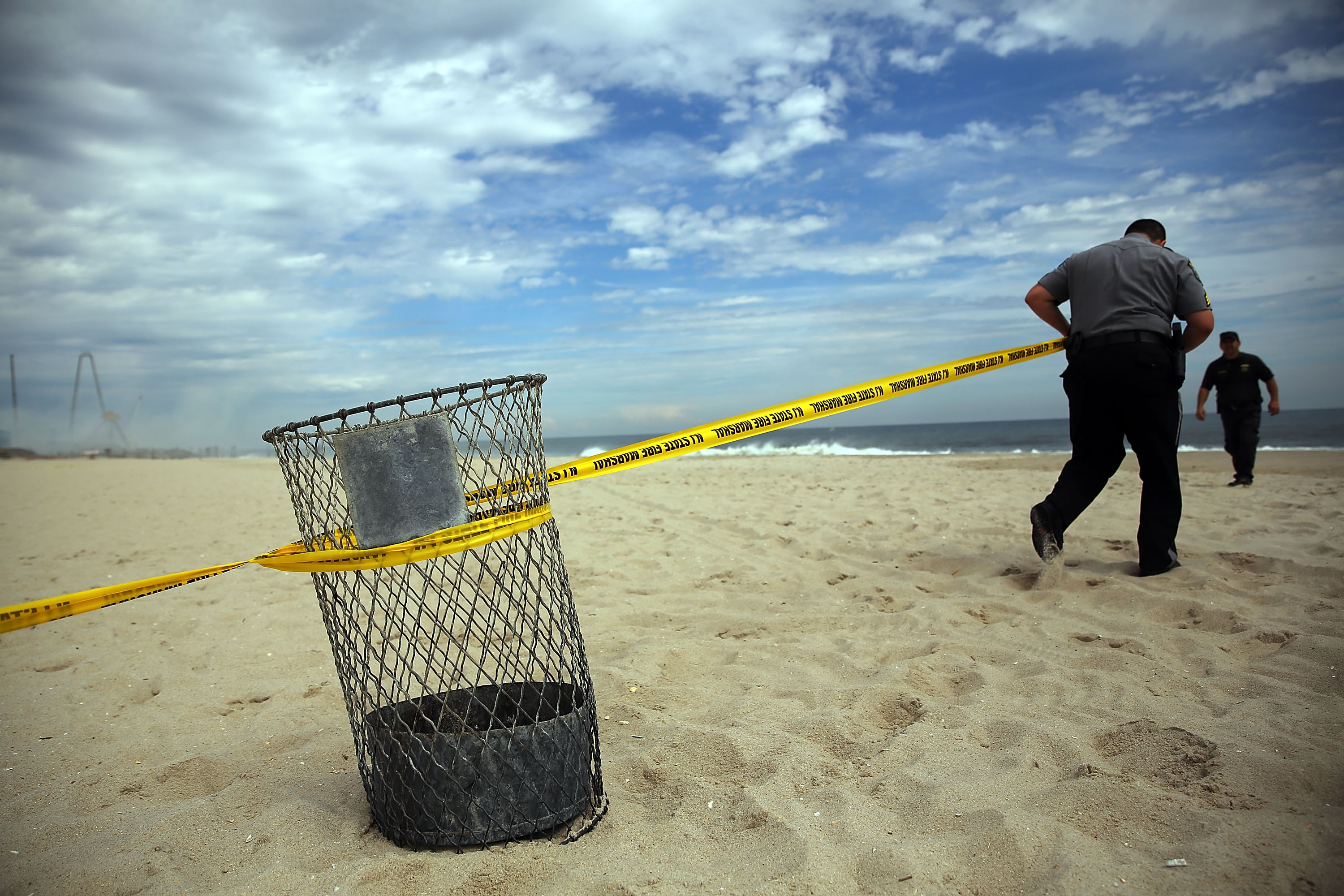An amateur fishing crew who rescued a baby orca from a craypot line have shared a video appearing to show its mother soothing her young during the ordeal.
The crew of three were in a boat around 19 miles off the coast of New Zealand's Hawkes Bay region on Wednesday, when they spotted a group of orcas and noticed one had become tangled in a cray pot line and a buoy, according to a post by the Whale Watch Hawkes Bay Facebook page that shared a video of the encounter.
A member of the group, who only wanted to be identified as Ben, told Stuff.co.nz he was on his friend's vessel at the time. The craypot line was wrapped around the baby's tail, Ben said. A craypot is an Antipodean term for a trap resembling a basket, used for catching crayfish.
Around three of four orcas were holding up the baby, who swam away as the boat approached at around 5:45 p.m., Ben said. One stayed by the baby's side, leading the group to believe it was its mother. The other orcas swam close by the mother.
The baby and mother calmly waited as the fishers worked to rescue the orca by cutting the line away. Footage shows the mother nudging the baby on to its side while the fishers helped, as if it was assisting them approvingly.
It took around five minutes for the crew to rescue the orca, after which point the group "disappeared," Ben said.
Yesterday (28 Oct 2020) a group of recreational fishers were out on the water when they encountered a small group of orca approximately 30km to the north...
Ben said a friend later spotted a group of orcas further down the coastline. "It's good they were seen again," he said.
Mike Ogle, a biodiversity ranger with the Department of Conservation, thanked the fishers for helping the orcas. He told Stuff.nz whales and dolphins caught in nets and lines can get hurt, exhausted or even drown.
Referring to a critically endangered bird found only in New Zealand, Ogle said: "It's not every day someone saves an animal with the same threat ranking as kākāpō." Estimates suggest the types of orcas often spotted off the coast of New Zealand have declined at a rate of at least 10 percent over three generations, according to the Department of Conversation.
However, Ogle warned that those who see big whales or dolphins in trouble in the area should call 0800DOCHOT, as they can be dangerous to humans.
Whale Watch Hawkes Bay asked on Facebook for people in the area to help with monitoring the family by sending photos and videos.
Ingrid Visser, the founder of the Orca Research Trust, told the New Zealand Herald young orcas often get tangled in cray pot lines while they play with buoys.
Visser said: "It's not uncommon for orcas, whales and dolphins to lie there and accept help like this. But, there are plenty of examples where whales thrash around and people can get hurt."

Uncommon Knowledge
Newsweek is committed to challenging conventional wisdom and finding connections in the search for common ground.
Newsweek is committed to challenging conventional wisdom and finding connections in the search for common ground.
About the writer
Kashmira Gander is Deputy Science Editor at Newsweek. Her interests include health, gender, LGBTQIA+ issues, human rights, subcultures, music, and lifestyle. Her ... Read more





